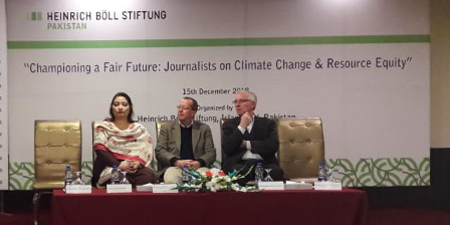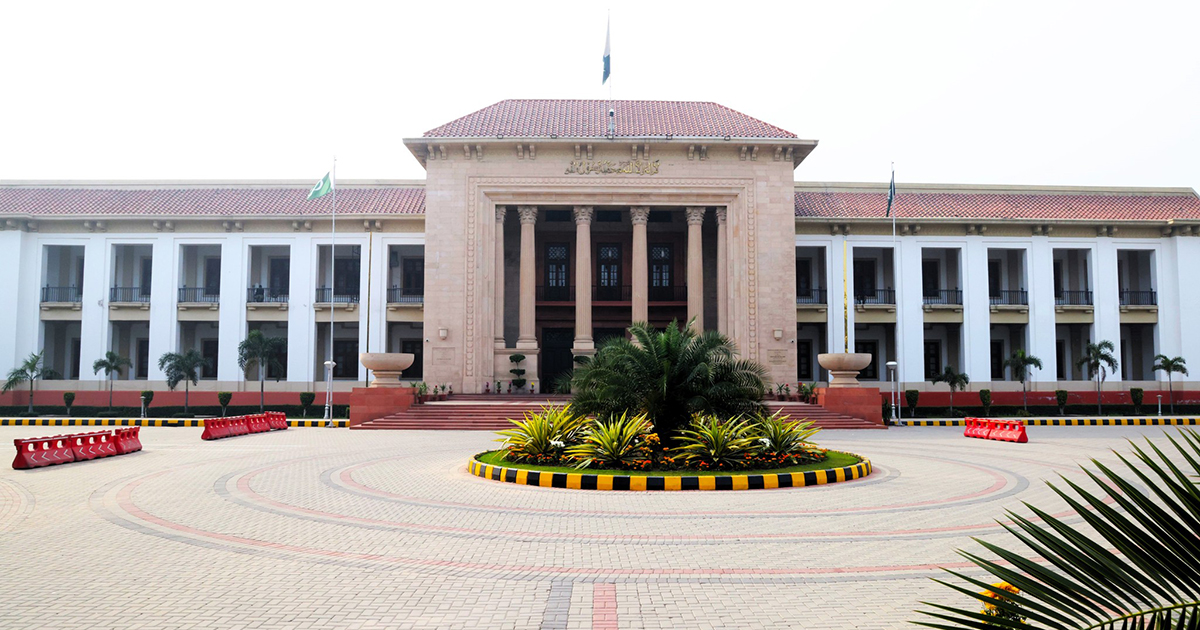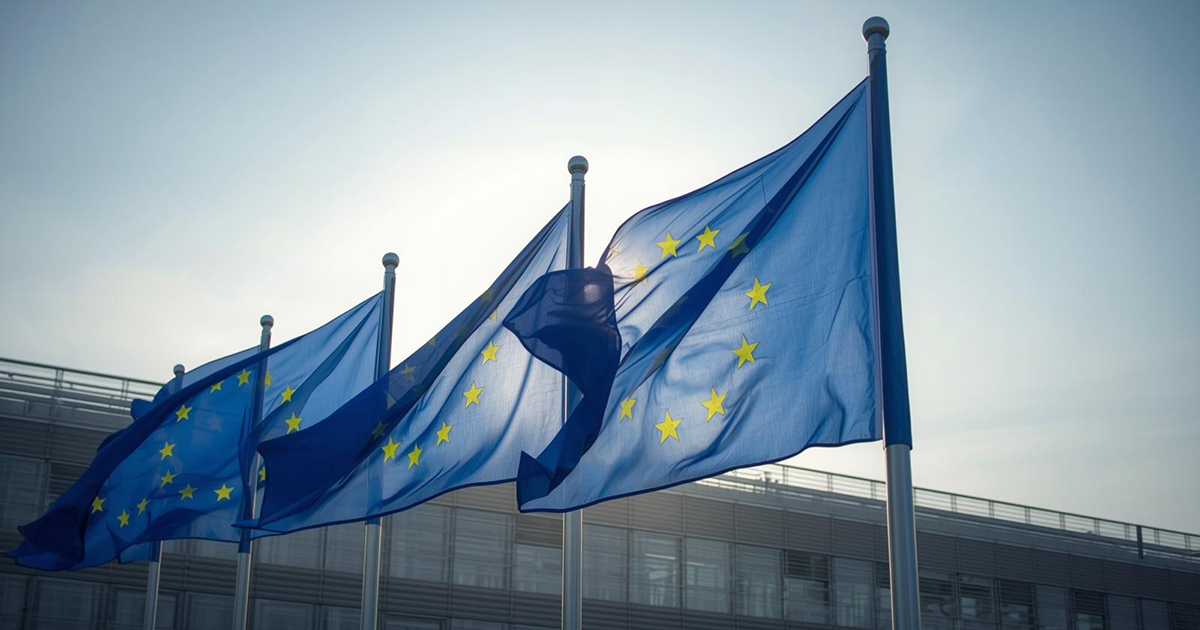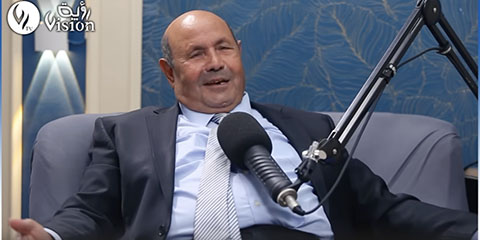German ambassador questions Pakistani media's silence on COP24
JournalismPakistan.com | Published 7 years ago
Join our WhatsApp channel
ISLAMABAD - Martin Kobler, German Ambassador to Pakistan (pictured, center) on Saturday asked why COP24 taking place in Poland on climate change issues not making headlines in the Pakistani media.
In a keynote address to journalists, editors and television presenters during an awards ceremony, he pointed out that Pakistan was high on the vulnerability index of climate change.
Heinrich Böll Stiftung organized the event titled, “Championing a Fair Future: Journalists on Climate Change & Resource Equity.”
Heinrich Boell Stiftung (HBS) is a German Green Foundation operational in the country for the past 25 years on issues about ecology, democracy, and human rights.
The event was organized to acknowledge the contributions of the cohort of journalists on environment established by HBS in 2015 titled “Journalists on Climate Change and Resource Equity.” The aim was to mainstream the subject of environment including climate change and natural resource equity in media reporting.
After four years of successful engagement with the journalists, HBS celebrated and formalized this media association.
Recently, the reporters went on field visits to Khanpur, Quetta, Gilgit, Thar coal power project, and Hunza partnering with organizations working on environment and sustainability.
After community visits and immersive talks, journalists reported on several issues such as the impact of mineral crushing in Khanpur; customary laws and resource equity in Gilgit Baltistan, and indigenous water conservation methods in Quetta.
Ambassador Kobler further emphasized the importance of knowledge-based reporting for independent journalism especially when the air we breathe in Pakistan is filled with toxins. Despite the abundant natural beauty and rich resources Pakistan is suffering environmental consequences.
He also spoke about the plastic pollution which is increasing in the oceans around the world and encouraged the audience to adopt ecologically just consumption patterns and refuse plastic in their life. Decoupling economic growth from carbon emissions is essential.
Mome Saleem, head ecology program and convener of the environmental journalists’ cohort of 90 members, gave an overview of this initiative and added that resource equity in any part of the world could only be achieved if the rights of nature and humans were recognized and secured.
This was possible with independent, well-researched and unbiased information sharing by media, she said.
She shared how through this cohort environment reporting had increased in the past four years. The cohort is a means not only to connect but to widen the scope of environmental journalism. There is always an economic actor or economic benefit that influences decisions which stress environment. Therefore it is essential for the journalists to highlight this connection for informed and independent policy decision-making.
Citing a prominent success story, she mentioned the notice taken by the Supreme Court of cement factories polluting the water at the historic Katas Raj site. Embassy Road tree cutting was also noticed because of the work of journalists from this cohort who amplified the voices speaking against it.
Gregor Enste, former resident director of HBS also saw the positive change in Pakistan where citizens are taking charge of improving their environment. He also encouraged the journalists to turn to HBS for research support so that together the civil society and media could make this country and the globe a better place. He did, however, caution about the worrying trend of casting aspersions on the organizations like HBS which have been investing in civil society and policymakers for informed decision-making. He lamented the shrinking of space for alternative voices.
The guest of honor, Romina Khursheed Alam, former parliamentary secretary on climate change said that she has been running a Green Parliamentarians Caucus in her tenure as parliamentary secretary on climate change in the previous government.
In this regard, she applauded the efforts of HBS in supporting her initiative and also their contribution in bridging the knowledge gap through research and dialogues.
She also urged the corporate sector to come forward and invest in youth for environmental sustainability through Corporate Social Responsibility funds. She spoke about the reduction in plastic pollution which is much needed. During her tenure, she was able to press on the issue in the parliament.
Sixty-five anchorpersons and media representatives were presented medallions for their outstanding reporting on the environment.
Journalists at the event thanked the capacity building and sensitization this project offered them and committed to continue reporting on environmental issues as it is a topic that is of consequence and value to all humans and life on the planet.

























